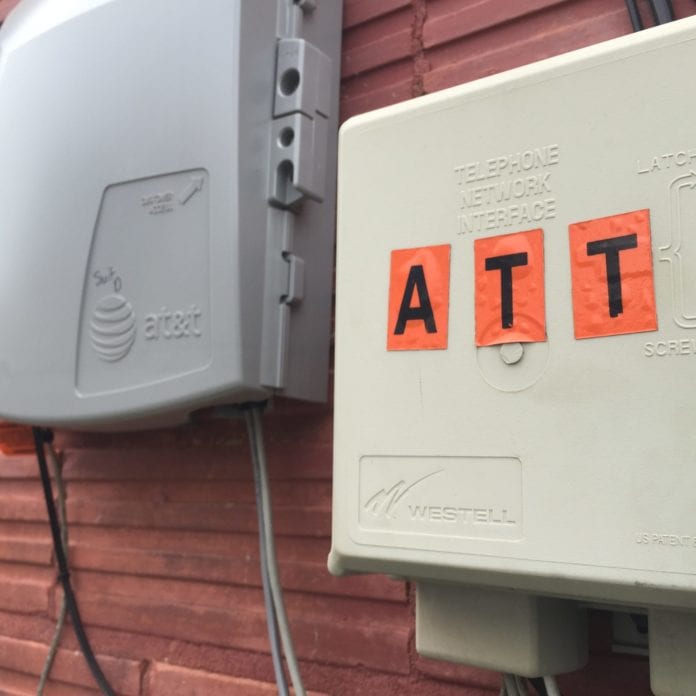Federal judge tosses AT&T’s claim that carrier isn’t subject to FTC authority in data throttling lawsuit
The Federal Trade Commission can continue its data throttling lawsuit against AT&T, according to a March 31 decision handed down by the U.S. District Court, Northern District of California.
The FTC last October filed suit against AT&T alleging the carrier conned customers by selling unlimited data plans then cutting down the data transfer speed when users hit certain data-use benchmarks.
AT&T attorneys countered that the company is a common carrier – like a utility company subject to regulation by the Federal Communications Commission – and not subject to FTC jurisdiction.
U.S. District Judge Edward Chen rejected “AT&T’s contention that the common carrier exemption … is predicated on status alone, and rather agrees with the FTC that [federal law] can be applied to an entity that has the status of a common carrier so long as what is being regulated is the entity’s non-common carriage services.”
From Chen’s order, which extensively referenced previous filings from both parties: “The FTC asserts that AT&T’s throttling program is unfair because AT&T ‘entered into numerous mobile data contracts that were advertised as providing accesses to unlimited mobile data, and that do not provide that [AT&T] may modify, diminish or impair the service of customers who use more than a specified amount of data for permissible activities.
“The FTC maintains that AT&T has engaged in deceptive conduct because it does not disclose or fails to adequately disclose that ‘it imposes significant and material data speed restrictions on unlimited mobile data plan customers who use more than a fixed amount of data in a given billing cycle.’ In short, the gravamen of the FTC’s complaint is not AT&T’s practice of throttling per se, but AT&T’s deceptive conduct in failing to disclose its throttling to certain customers.”
Following its initial move in 2011 to throttle the top 5% of data users, AT&T Mobility in 2012 expanded the unthrottled portion of data usage for unlimited customers to 3 GB, which at that time aligned with the carrier’s move to offer a capped data package at the same price it was charging for unlimited data. AT&T Mobility claimed that customers using more than 3 GB of data per billing cycle are the top 5% of consumers of data traffic on its network and thus need to have their data speeds cut in order for the carrier to sufficiently handle its network traffic.
Mobile data speed throttling has become a common practice among wireless operators, though most current means involve trimming network speeds once a customer reaches the limit of a data bucket.
Verizon Wireless last year pulled back on plans to implement a controversial “network optimization” program across its LTE network that would have limited network speeds for customers with “unlimited” data plans in some instances. The plan would have mimicked a similar program the carrier has set up for its legacy CDMA-based 3G network that impacts all users when a specific cell site experiences congestion issues. Verizon Wireless recently stated that 76% of its total data traffic is now traversing its LTE network.
Verizon Wireless’ plan drew a letter from FCC Chairman Tom Wheeler, who said he was “deeply disturbed” by the move, and accused the carrier of abusing the principle of network management to try to reap more profit from its customers.
“’Reasonable network management’ concerns the technical management of your network; it is not a loophole designed to enhance your revenue streams,” Wheeler wrote.

